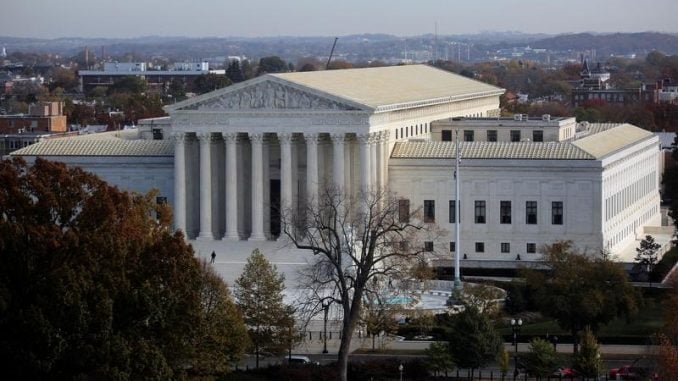
WASHINGTON, D.C. The U.S. Supreme Court on Monday appeared poised to strike down a N.C. law banning convicted sex offenders from Facebook and other social media sites because it runs afoul of free speech rights under the U.S. Constitution.The eight justices heard an hour of oral arguments over Lester Packingham’s appeal of his conviction for violating the state law in 2010 when he posted a message on Facebook expressing his surprise at a traffic citation being dismissed.The North Carolina law, enacted in 2008, makes it a felony for people on the state’s sex offender registry to access websites that can lead to social interactions with minors.Packingham, whose case explores free speech rights in the digital age, is on North Carolina’s sex offender list because of his 2002 conviction at age 21 on two counts of statutory rape of a 13-year-old girl.Local police saw a Facebook post he wrote, which read “Praise be to GOD. WOW! Thanks JESUS,” prompting Packingham’s arrest.He argued that the law restricts his free speech rights.The state’s ban extends to sites like Facebook and Twitter that allow people to create personal profiles. The law does not require any proof that the user intended to use the site for an illegal purpose. In October, The U.S. Supreme Court justices announced Friday they will take on the appeal from Packingham after an intermediate appeals court threw out his conviction and the state Supreme Court reversed that decision last November. The state supreme court ruled in part that Packingham’s free speech rights were not unduly burdened because there are ample other websites he could access.



